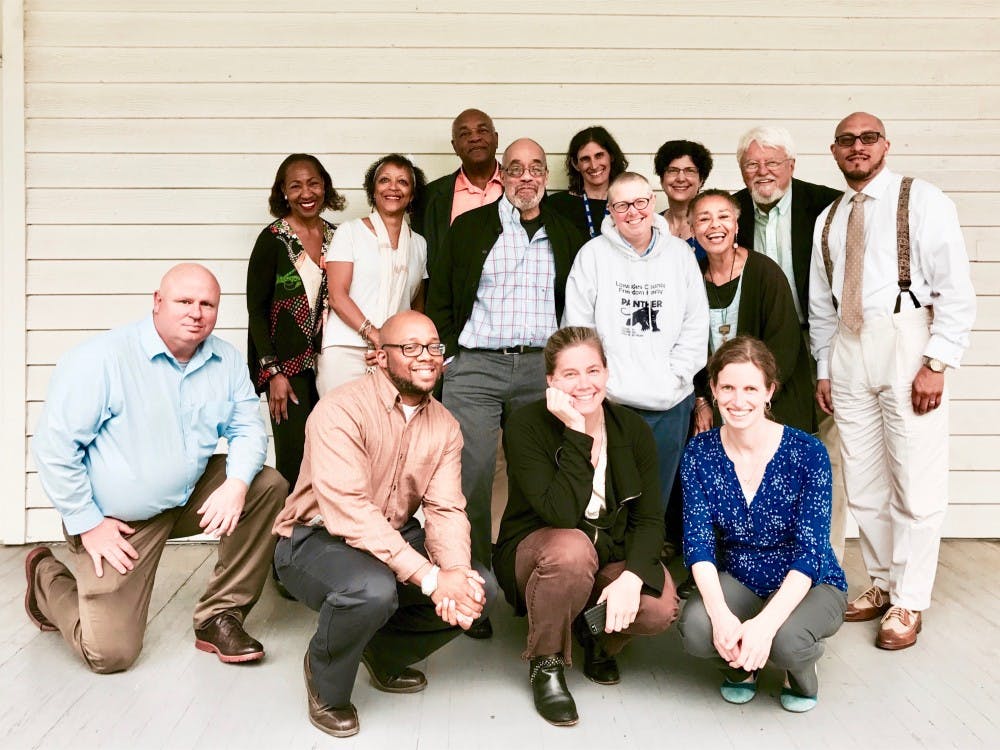As a young activist, Jennifer Lawson left Tuskegee University in the 1960s to work full time for the Student Nonviolent Coordinating Committee.
As a field secretary in Lowndes County, Alabama, Lawson encouraged residents to register to vote and explained how the Lowndes County Freedom Organization, the independent political party SNCC built with local residents, could help black people win political power.
When the LCFO chose the black panther as its symbol — a response to the white Democratic Party in the county that had chosen a white rooster as its symbol — Lawson was the one to paint it on billboards.
"The local people said they wanted a black cat to run that white rooster out of the county," Lawson said laughing.
Today, Lawson is a member of the SNCC Legacy Project and contributor to the SNCC Digital Gateway.
The project, which created an online archive and activism platform, is a product of a five-year partnership between SNCC, the Center for Documentary Studies at Duke and Duke University Libraries.
Two generations of activists came together for a two-day symposium at Duke University last weekend to reflect on and celebrate the completion of the SNCC Digital Gateway.
SNCC, an organization started by participants of the sit-in movement that began in Greensboro in February 1960, formed after a meeting held by activist Ella Baker at Shaw University the same year. SNCC gave young Black Americans a stronger voice in the civil rights movement.
"These are people who changed the world in a very short period of time if you think about the space of one college semester,” said Wesley Hogan, the director of the Center for Documentary Studies at Duke.



